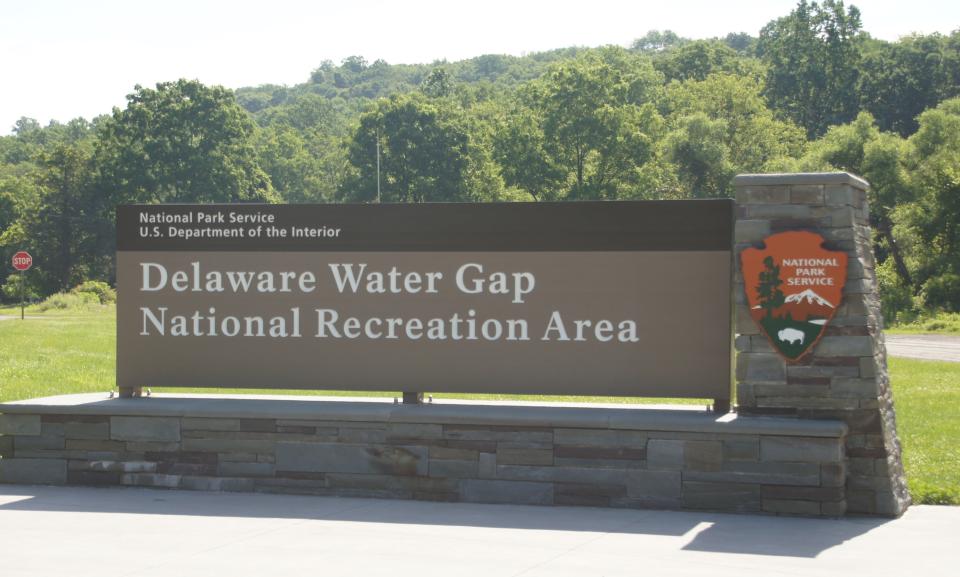Legislators fear that making Delaware Water Gap a national park could ruin it for many
Resolutions opposing a redesignation of the Delaware Water Gap National Recreation Area as a national park and preserve have been filed in the state Assembly and Senate.
The change, proposed by the Delaware River National Park and Lenape Preserve Alliance, could alter the purpose and culture of the current recreation area from a place where hunting, fishing and many other outdoor and agricultural activities are allowed to an area with more restrictions, including no hunting and potential limits on fishing, camping and uses of the river.
In addition to their objections to the new restrictions, opponents of the plan say that with a "national park" designation, the National Park Service might more easily acquire more land in and around the current boundaries. Other concerns are that the area would draw even more visitors and put a strain on the surrounding area, with the amount of traffic on local roads and the infrastructure required for such accommodations for visitors.
The resolutions introduced are SR-93 in the state Senate and AR-133 in the Assembly. They are sponsored by state Sen. Parker Space and Assembly members Dawn Fantasia and Mike Inganamort from District 24, which includes all of Sussex and parts of Warren and Morris counties.
The 70,000-acre recreation area was created from land acquired by the U.S. Army Corps of Engineers in the 1960s for the major flood-control Tocks Island dam project. Public opposition and lawsuits followed as properties were taken on both sides of the river to form a "recreation area" around the lake created by the dam.
When the dam project was abandoned because of the weight of public opposition, the project continued with a lake-less recreation area. The area now supports an economy centered on recreation on the river, as well as camping, hiking and other outdoor activities. In addition, much of the bottom land in the river valley is leased to farmers who grow crops such as grains, corn and hay, which serve their farms and also are cash crops.
However, a national park designation would prohibit or limit "resource extraction," which could restrict those activities as well as forestry-related activities, including hunting and fishing.
Opponents of the redesignation also note that state-owned properties, such as Stokes and Worthington state forests and High Point State Park, might be endangered as well.
Of the 70,000 acres in the park, nearly half — 21,978 acres in Sussex and 9,222 acres in Warren counties — are in New Jersey, and they are a focus of hunting and fishing in a rapidly urbanizing state.
Though it's not specifically mentioned in the opposition's talking points, the northwestern part of New Jersey has one of the highest concentrations of black bears in the country. The New Jersey Division of Fish and Wildlife has instituted a hunting season for black bears.
The specifics and scope of the Redesignation Project and the environmental, economic and agricultural impacts of the project remain unknown. The redesignation proposal also does not say how the project is to be funded and how fees will be collected.

National parks can institute entrance fees, and the main north-south route through the park is owned by the park service. However, east-west routes such as Route 80 through the water gap, and roads that provide access to the privately owned Dingmans Ferry Bridge river crossing at mid-park, are owned by other governmental agencies.
In 2023, the recreation area was the 17th-most-visited unit of the National Park Service, with 4,207,541 recreation visits. That number does not include trips through the recreation area by commuters or those using Route 80, Dingmans Ferry Bridge or the Route 209 toll bridge from northern Sussex County into Pennsylvania's Pike County.
There is nothing in the redesignation proposal to specify if, or how, fees, which are common in most national parks, will be collected, or any changes in administrative operations.
This article originally appeared on New Jersey Herald: Delaware Water Gap a national park? Why NJ legislators are fighting it

